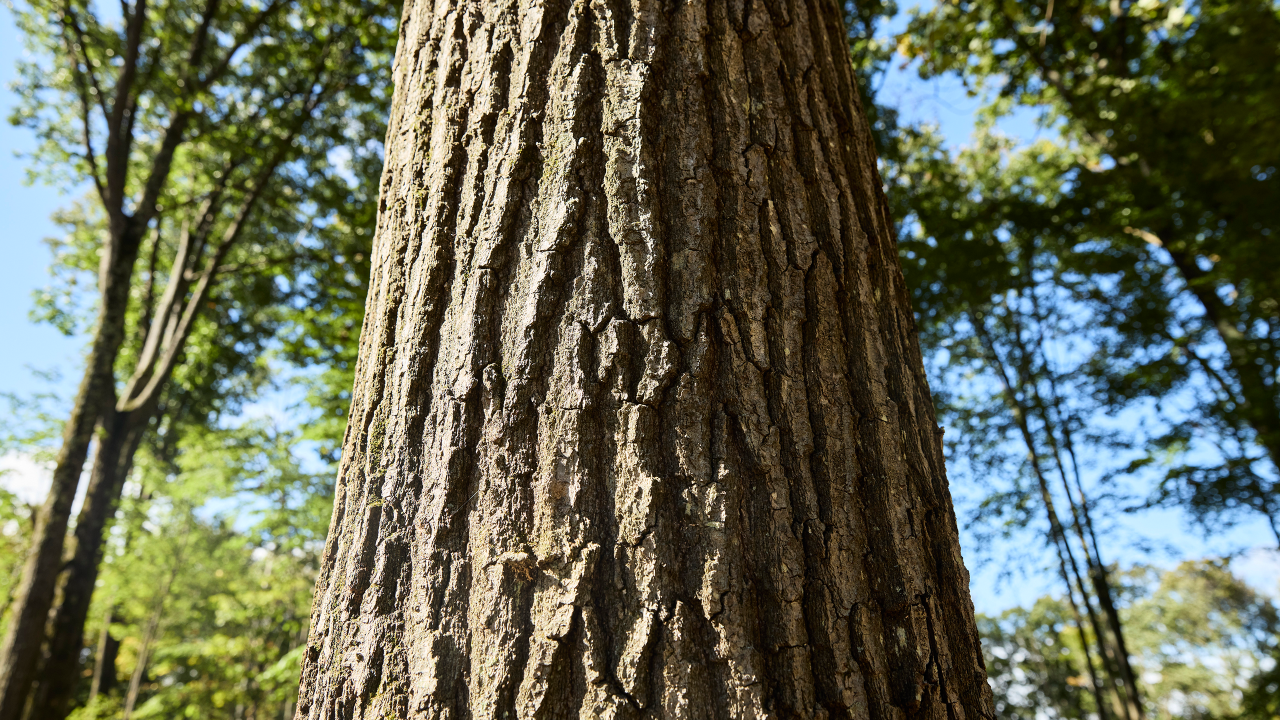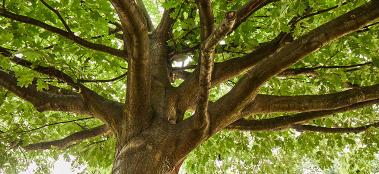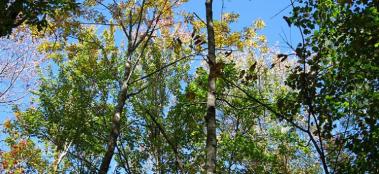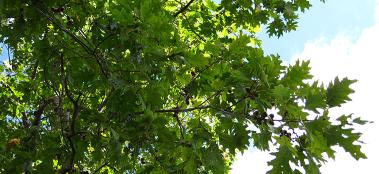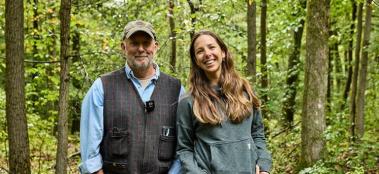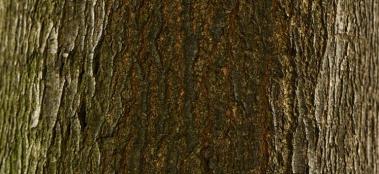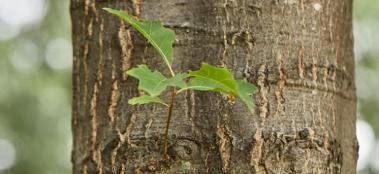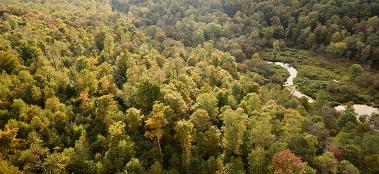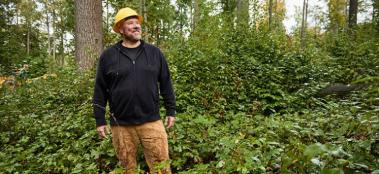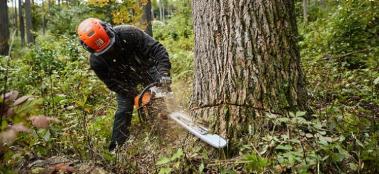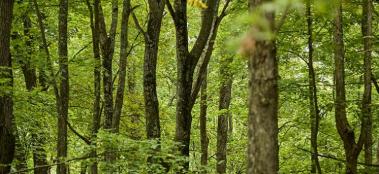Seneca Creek
American hardwoods are both legally produced and responsibly managed.
For customers there is a low risk of any hardwood of U.S. origin being derived either from an illegal or an unsustainable source.
The key findings of the 2017 Seneca Creek study (Assessment of Lawful Sourcing and Sustainability: U.S. Hardwood Exports) provide a clear and unambiguous guide to the risk (or more precisely – the lack of it) faced by those trading in U.S. hardwoods.
The report itself runs to over 200 pages and is available here
Key findings of the report include:
- All states in the U.S. hardwood-producing region can be considered Low Risk of sourcing illegal hardwoods per the requirements of the EU Timber Regulation, the Australia Illegal Logging Prohibition, Japan’s Goho program, and the due diligence and risk assessment requirements of the certification programs (FSC®/SFI®/PEFC®) as operating in the United States.
- There is virtually no risk from a national or state perspective that U.S. hardwoods are being harvested at a rate that is problematic from a sustained yield perspective.
- There is a Low Risk that hardwood forests are undergoing significant conversion to other land uses.
- The FSC U.S. national risk assessment process has affirmatively determined Low Risk of illegally harvested wood, wood harvested in violation of traditional and human rights, and wood from forests in which genetically modified trees are planted.
- Comprehensive state level monitoring evidences a high level of compliance with both regulatory and voluntary Best Management Practices (BMPs) to protect water quality and other beneficial uses of the nation’s streams, lakes, waterbodies and wetlands.
- Each state in the hardwood region has conducted a state-wide forest resource assessment and developed action plans to address forest sustainability challenges.
- Each state has developed a Wildlife Action Plan to conserve and protect habitat and wildlife species and to keep species of concern from becoming threatened.
- Increasingly, private sector conservation organizations are aligning their interests with those of the state and federal agencies that are focused on protecting the most threatened forest types and the species that rely on them.
The data and information compiled for the Seneca Creek report provides evidence that U.S. hardwood supply chains meet all current due diligence standards as legal and sustainable.
The analysis is based upon standards of sustainability and legality prevailing at the time of the assessment in 2017 and contained in the following standard references: (1) FSC Controlled Wood (40-005 V3.1) (2) PEFC Chain of Custody (PEFC ST 2002:2013) (3) SFI Chain of Custody (Section 4-2015- 2019) & (4) Central Point of Expertise on Timber (CPET) - UK Government Timber Procurement Policy.
An Expert Panel review of the Seneca Creek assessment commissioned by AHEC in 2018 found that “key findings consistently [are] supported by relevant and high-quality information and deeper analysis within the report”, and that the assessment:
- provides “comprehensive analysis of risk regarding the legality and sustainability of U.S. hardwoods”;
- is “more focused, logical, rational and defensible than other risk assessment approaches that are currently being applied in the marketplace”; and
- provides “a model for how future risk assessment activities should be conducted in the U.S.”
The 2017 Seneca Creek Assessment for AHEC concluded 15 key factually supported and evidenced statements to demonstrate low risk of illegality or unsustainable practices in the production and trade in American hardwoods.
Click on the statements below for more information and links to the relevant sections of the report.
